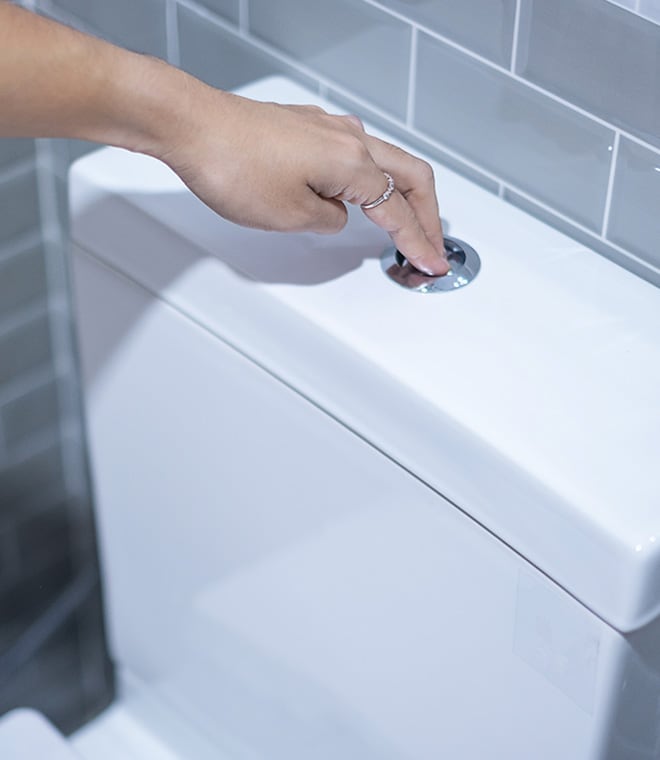Health
What are the causes of chronic UTIs?
By Yoo Junk Kim, MD Jan 09, 2025 • 3 min
Chronic urinary tract infections (UTIs) occur when a person experiences frequent bacterial infections of the urinary tract, usually two or more infections within six months, or three or more infections in one year.
As with many medical conditions, the causes of chronic UTIs vary greatly. Common causes of chronic UTIs include:
- Decline in estrogen levels, which happens with menopause
- Kidney or bladder stones
- Sexual intercourse
- Structural problems in the urinary tract
- Medical conditions that affect personal care habits
These causes can lead to increased risk of chronic UTIs for several different reasons.
Disruption of urine flow
Any structural defect that impedes the regular flow of urine can increase the risk of chronic UTIs. For example, kidney stones can block urine flow in the kidneys, ureters (the tube that carries the urine to the bladder from the kidneys) or bladder. Similarly, structural defects in the urinary tract due to congenital malformations, trauma or post-surgical changes can lead to blockages in the urinary system, increasing the risk of recurring bacterial growth.
Bacteria entering the urinary tract
Your risk for chronic UTIs increases if there is a transfer of genital or anal bacteria into the urinary tract. Bacteria can enter the urinary tract during sexual intercourse or improper wiping after using the bathroom. More rarely, it can be result from structural connections between organs. While uncommon, trauma, inflammation or frequent infections can create unwanted connections between the urinary tract and the vaginal canal or the gastrointestinal tract. These connections, called fistulas, create internal passages for bacteria that are difficult to diagnose without direct visualization using a scope or contrast-based imaging.
Difficulties in self-care
Individuals with medical problems that make it difficult to maintain personal care habits, such as dementia, spinal cord injuries or other mobility limitations, also have an increased risk of UTIs. Urinary catheters (tubes inserted into the urethra and the bladder for the collection of urine) also increase the risk of chronic urinary tract infections, as they may introduce outside bacteria into the urinary tract.
Decrease in estrogen
A decrease in estrogen can cause changes in the urinary tract, leading to a higher chance of developing UTIs. This makes menopausal or post-menopausal women more susceptible to developing chronic infections compared to pre-menopausal women.
There are many risk factors for chronic UTIs, including medical and structural factors. If you are suffering from chronic UTIs, talk with your healthcare provider to find the potential cause and appropriate treatment.
Updated January 2025.
Sources:
- https://www.mayoclinic.org/diseases-conditions/cystitis/expert-answers/bladder-infection/faq-20057833
- https://mayoclinic.org/diseases-conditions/kidney-stones/symptoms-causes/syc-20355755
- https://healthcare.utah.edu/urology/conditions/recto-urethral-fistula.php
- https://medlineplus.gov/ency/article/000521.htm
- https://www.cdc.gov/uti/about/cauti-basics.html
- https://www.mayoclinic.org/diseases-conditions/urinary-tract-infection/symptoms-causes/syc-20353447
- https://www.cdc.gov/antibiotic-use/uti.html




